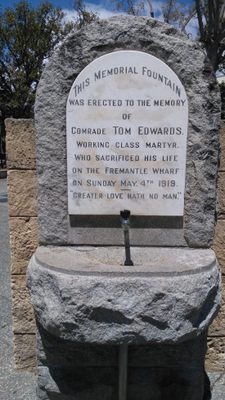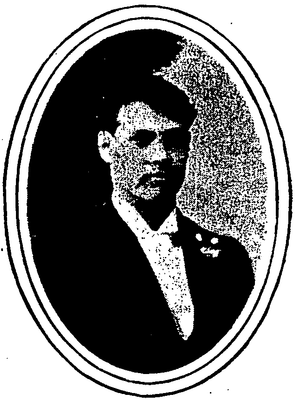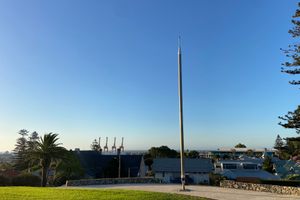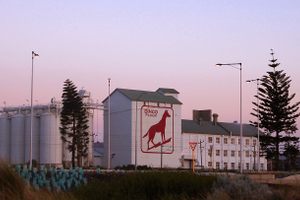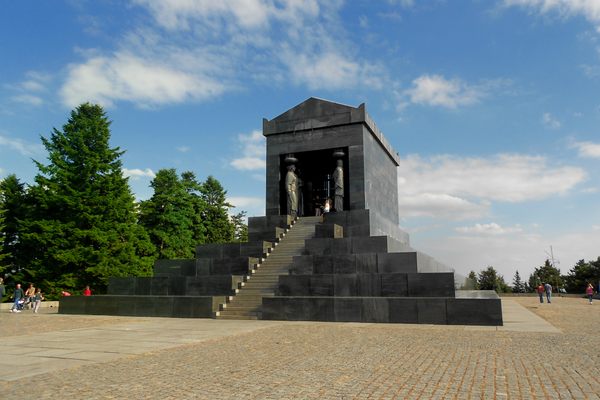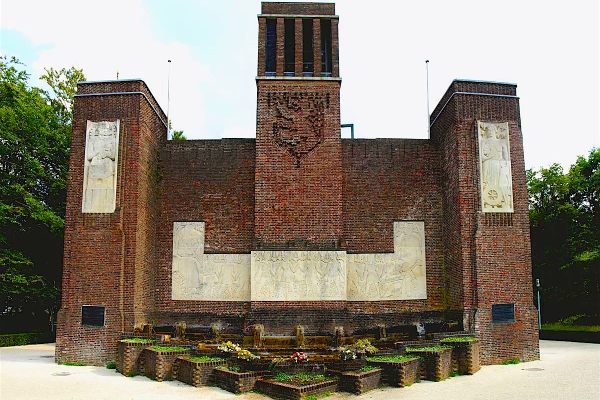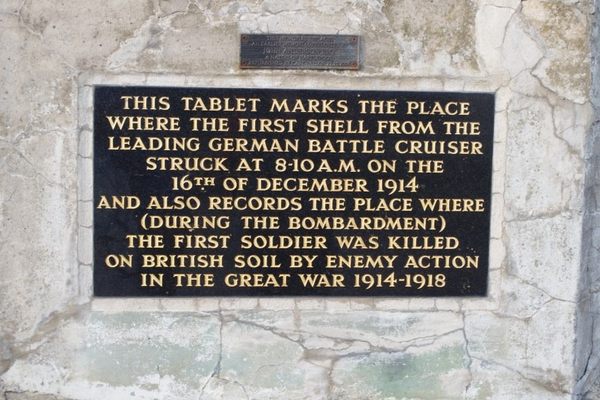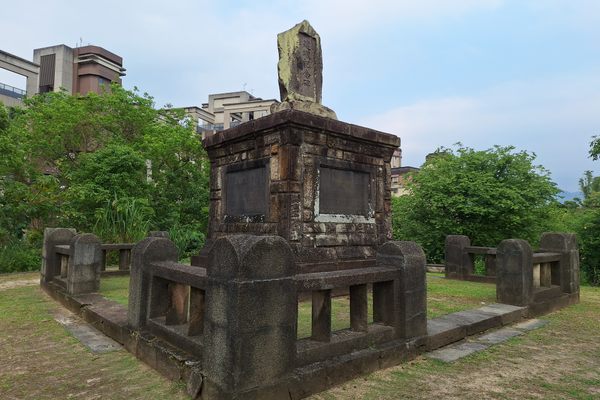About
Though only one man died during the little-known Fremantle Wharf Riot of 1919, his loss inspired workers across Australia.
In 1917, the Fremantle Lumpers Union (an association of dock workers) had refused to load ships they believed to be carrying supplies to Germany, an enemy nation. In response, the shipowners brought in workers from a rival union, the National Waterside Workers Union. The dispute between the two unions continued for over two years and came to a head on May 4, 1919 at the "Battle of the Barricades."
The Lumpers Union blockaded the wharf to prevent the unloading of the SS Dimboola. In order to evade the blockade, the NWWU arrived at the ship in smaller boats, accompanied by the recently appointed Western Australian Premier, Hal Colebatch. The Lumpers Union started throwing rocks and other missiles at the boats from the wharf, and the police retaliated with batons and bayonets. Tom Edwards, in the Lumpers Union, was struck on the head by a police baton. He died three days later, the only casualty of the wharf riots.
Edwards became a symbol for Western Australia's Labor Party and his funeral procession was attended by thousands. In memory of his sacrifice, a fountain was sculpted by Pietro Porcelli outside the Fremantle Trades Hall. It was moved to Adelaide Street near Town Hall, where it still commemorates "Comrade Tom Edwards, Working Class Martyr."
Related Tags
Know Before You Go
The fountain stands in King's Square in central Fremantle, on Adelaide Street.
Published
January 3, 2017
